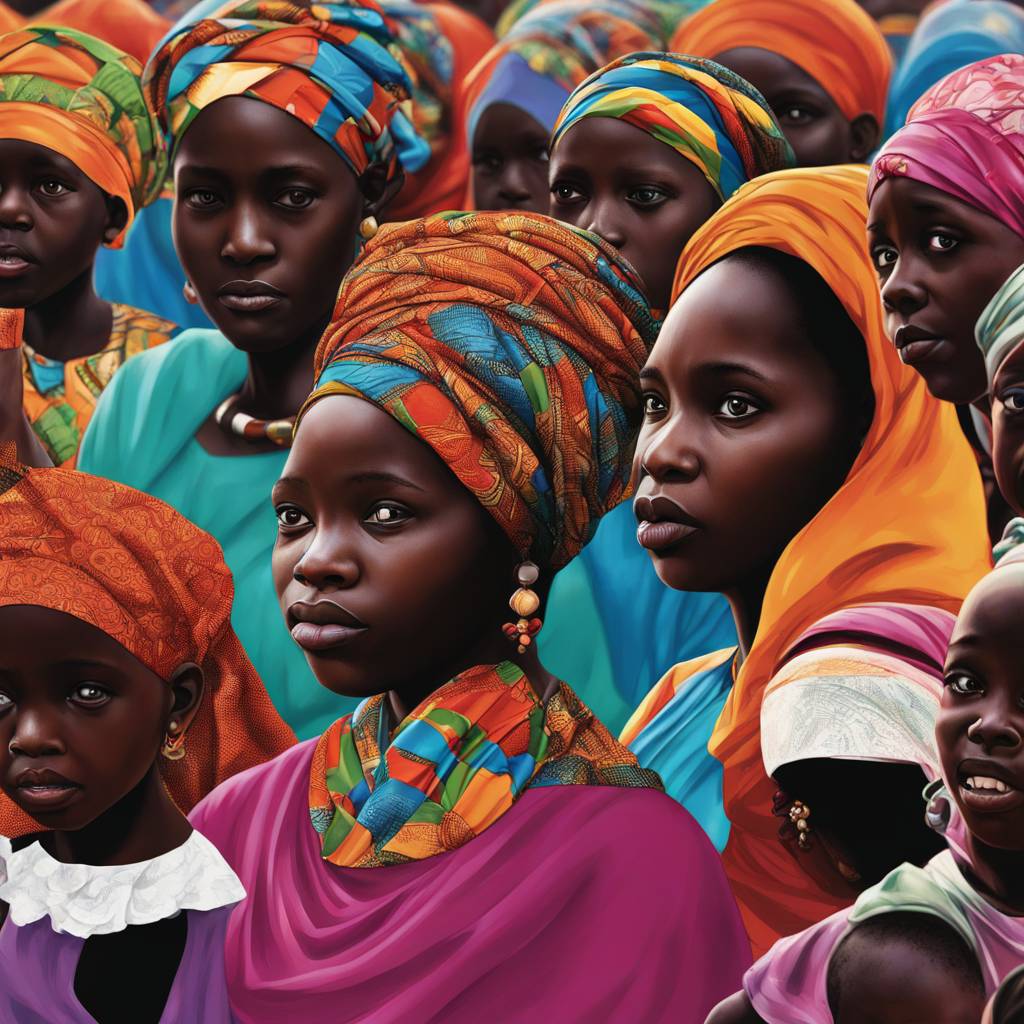Fatou, a 29-year-old woman from Bundung, Gambia, underwent female circumcision as a young child and suffered lasting trauma as a result. Despite facing challenges in her marriage and childbirth, she is determined to shield her own daughter from the same fate. However, the Gambian parliament is considering lifting the ban on FGM, which has sparked concerns among women who have experienced the harmful effects of the practice.
Sarata, a 35-year-old mother of two, lost her husband in a road accident while pregnant with her second child. She has been vocal in speaking out against FGM, as she experienced difficulties during childbirth due to her circumcision. Despite her struggles, she is determined to protect her daughters from undergoing the same harmful practice. Sarata’s advocacy efforts highlight the lasting consequences of FGM on women and girls in Gambia.
NGOs like Think Young Women (TYW) have been actively working to combat FGM in Gambia, even after the law criminalizing the practice was passed in 2015. The proposed repeal of this law has been met with strong opposition from rights organizations, who argue that it would endanger the safety and well-being of women and girls. Advocates like Tabou Njie Sarr emphasize the importance of education and awareness campaigns in preventing FGM and protecting the rights of women and girls.
Despite efforts to combat FGM in Gambia, the practice still affects a significant percentage of women aged 15-49 in the country. Many women continue to undergo the procedure in secrecy, leading to silent suffering and devastating consequences. The case of Sarjo, a single mother whose daughter was subjected to FGM without her consent, sheds light on the challenges faced by women in protecting their children from harmful traditional practices.
Imam Abdoulie Fatty’s support for FGM and his payment of fines for convicted circumcisers have reignited debates surrounding the practice in Gambia. Despite legal bans and penalties, there are still individuals who advocate for the continuation of FGM, citing religious and cultural reasons. This ongoing struggle highlights the complexity of eradicating harmful practices deeply rooted in tradition.
The future for Gambian women and girls hangs in the balance as the parliament considers the repeal of the 2015 law banning FGM. Stakeholders, including rights activists, legislators, and survivors of the practice, are concerned about the potential consequences of lifting the ban. Women like Fatou and Sarata fear for the safety and well-being of their daughters in a future where FGM may once again become legal. Their advocacy efforts underscore the importance of safeguarding the rights of women and girls in Gambia and beyond.













